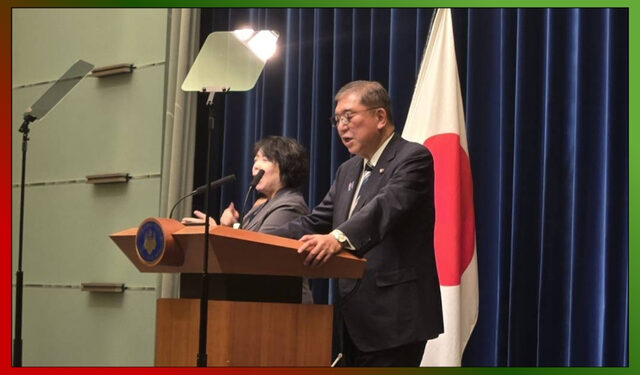Japanese Prime Minister Shigeru Ishiba announced his resignation on Sunday, bowing to mounting pressure from within the ruling Liberal Democratic Party (LDP) following a historic electoral defeat in July.
Ishiba, 68, who assumed office in October 2024, said he would step down both as Prime Minister and party president. His decision comes just ahead of a scheduled party vote that could have triggered a no-confidence motion and deepened internal divisions.
“I made the painful decision to resign to prevent a critical split in the party,” Ishiba stated at a press conference in Tokyo. He emphasized that his priority was to conclude tariff negotiations with the United States before stepping aside. President Donald Trump’s recent directive to reduce tariffs on Japanese automobiles from 25% to 15% marked a key milestone in those talks.
The LDP’s back-to-back losses in the lower and upper houses of parliament have destabilized Ishiba’s administration. Many of the defeated lawmakers were ultra-conservatives linked to pre-existing corruption scandals, further eroding public trust.
Ishiba confirmed he will not seek re-election, citing unfinished reforms in agriculture, wage growth, and national security. The party is expected to elect a new leader in October, with contenders including Agriculture Minister Shinjiro Koizumi, ultra-conservative Sanae Takaichi, and moderate Yoshimasa Hayashi.
With the LDP lacking a parliamentary majority, the incoming leader will need to collaborate with fragmented opposition parties to pass legislation and avoid further political gridlock.




























